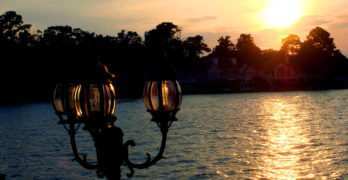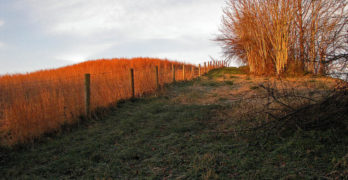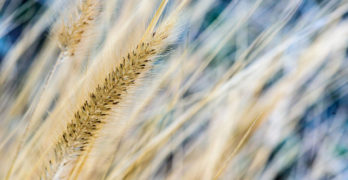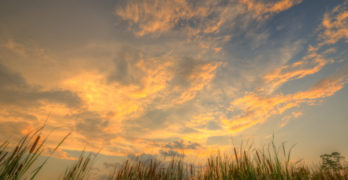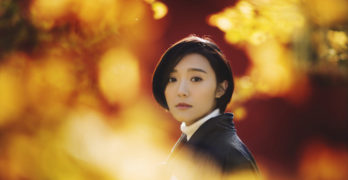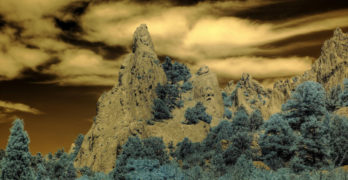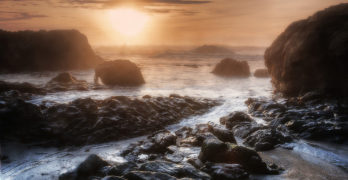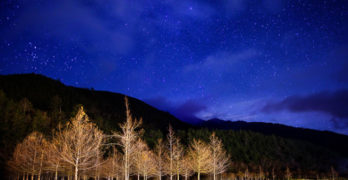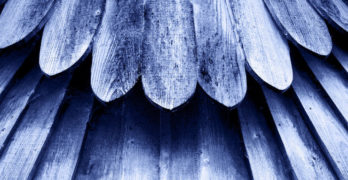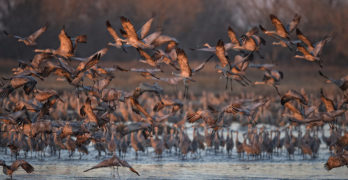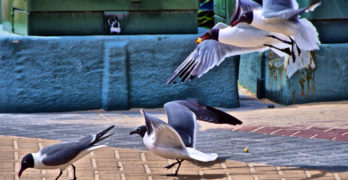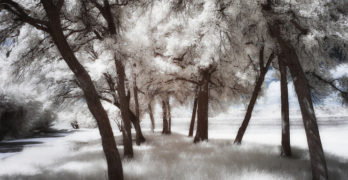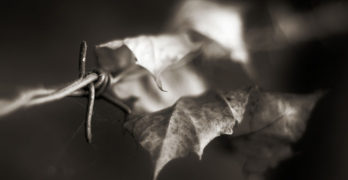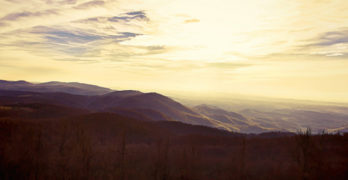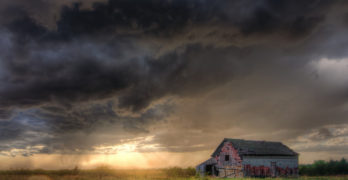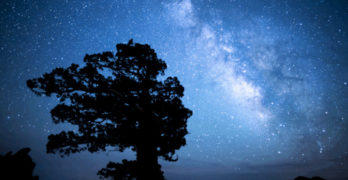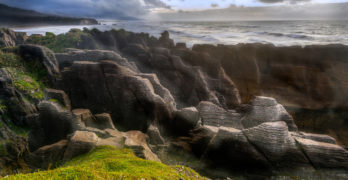Friendship forms among coworkers after the perfunctory question ‘How are you?’ gets an unexpected answer.
Using Poetry to Reflect Upon the Civil War – Part 3: Walt Whitman
Walt Whitman celebrated the beginning of the Civil War, like many Americans on both sides. But as it dragged on, he — and his poetry — changed.
Poetry and Remembering the Civil War – Part 2: Robert Lowell
For generations, we’ve used the Civil War as a lens for viewing controversies. In his poem “For the Union Dead,” Robert Lowell considers the war — and a parking garage.
Poetry and Remembering the Civil War – Part 1: Allen Tate
The Civil War has long been used as a lens for interpreting, understanding, and advocating contemporary issues. So has the poetry about the Civil War.
The 2017 Walt Whitman Award: “Eye Level” by Jenny Xie
“Eye Level” by Jenny Xie, a collection of poems marked by spareness and precision, is the 2017 winner of the Walt Whitman Award.
Strange and Wonderful Worlds: How I Discovered Science Fiction
Back in the late 1970s and 1980s, I discovered a literary genre that I knew existed but generally paid little attention to: science fiction.
Alan Seeger: The American Poet in World War I
One of the most famous poems to emerge from World War I was written by an American. Alan Seeger wrote “I Have a Rendezvous with Death” shortly before he died.
Poets and Poems: Sofia Starnes and “The Consequence of Moonlight”
The Consequence of Moonlight, the latest collection of poetry by former Virginia Poet Laureate Sofia Starnes, reads like a vivid dream.
Poets and Poems: Susan Lewis and “Zoom”
“Zoom” by Susan Lewis contains 57 poems representing a wild romp through words, language, phrases, metaphors, and just about everything else.
Poets and Poems: Mark Burrows and “The Chance for Home”
To read “The Chance for Home” by Mark Burrows is to immerse oneself in the quiet beauty of memory, experience, reflection, and, ultimately, hope.
“The Fall of Arthur” – A Fragment by J.R.R. Tolkien
The legend of King Arthur has captivated imaginations for centuries. Geoffrey of Monmouth started it, and even J.R.R. Tolkien tried his hand at it.
Poets and Poems: Athena Kildegaard and “Course”
The poems of “Course” by Athena Kildegaard provide a kind of natural sanctuary, where one comes to watch and to listen to what the landscape has to say.
“The Old Curiosity Shop:” Charles Dickens and a Road Trip!
“The Old Curiosity Shop” by Charles Dickens, with some of the author’s most memorable characters, isn’t about a shop at all — it’s about a road trip.
Poets and Poems: Darren Demaree and “Two Towns Over”
The 56 poems of “Two Towns Over” by poet Darren Demaree powerfully document the devastation of the opioid addiction crisis.
Poets and Poems: Karen Paul Holmes and “No Such Thing as Distance”
In her new poetry collection “No Such Thing as Distance,” what matters most to Karen Paul Holmes, both in her head and her heart, is family.
Take Your Poet to School Week: Eugene Field, the Poet of Childhood
Eugene Field is perhaps the perfect poet for Take Your Poet to School Week. It was the schoolchildren of St. Louis who saved his house from demolition.
Shakespeare (via Ian Doescher) Does Star Wars
Writer Ian Doescher has taken the stories of “Star Wars” and applied Shakespeare to them, as in “The Empire Striketh Back.”
The Poetry of Farming: “Water at the Roots” by Philip Britts
“Water in the Roots,” a collection of the writings and poetry of Philip Britts, describes the life, faith, and farming practices of the Bruderhof community.
Finding Jack Gilbert and “Refusing Heaven” in a Bookstore
Finding “Refusing Heaven” by Jack Gilbert in a Chicago-area bookstore leads to a consideration of what matters in these lives we live.
Francis Ledwidge: Reconsidering a War Poet
Irish poet Francis Ledwidge is not one of the better known poets of World War I, because he was an Irishman who fought for the British Army.
